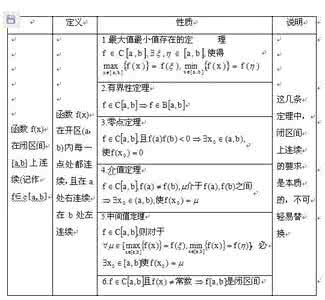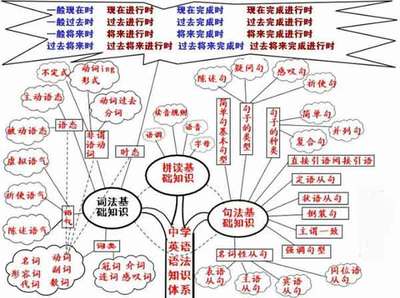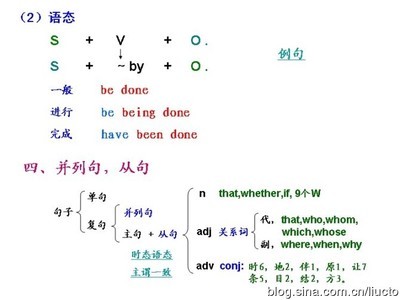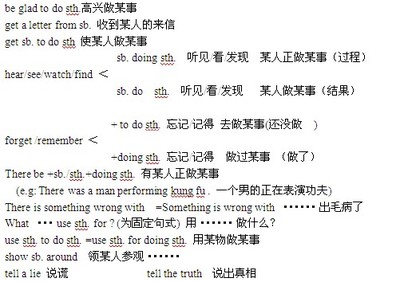首先,我们需要明确的是,助动词自身没有词义,不可单独使用。
例如: He doesn't like English. 他不喜欢英语。(doesn't是助动词,无词义;like是主要动词,有词义)
哪些单词是助动词?
最常用的助动词有:be, have, do, shall, will, should, would
助动词如何协助主要动词完成各种功用?
a. 表示时态,例如:
He is singing. 他在唱歌。(助动词 is表示正在进行)
He has got married. 他已结婚。 (助动词has表示get married 的动作是现在完成式)

b. 表示语态,例如:
He was sent to England. 他被派往英国。 (助动词was表示被动,同时表示过去)
c. 构成疑问句,例如:
Do you like college life? 你喜欢大学生活吗? (助动词do置于句首构成疑问句)
Did you study English before you came here?你来这儿之前学过英语吗? (助动词did置于句首构成疑问句,同时表示过去式)
d. 与否定副词not合用,构成否定句,例如:
I don't like him. 我不喜欢他。
e. 加强语气,例如:
Do come to the party tomorrow evening. 明天晚上一定来参加晚会。
He did know that. 他的确知道那件事。
明确了以上内容,相信你对助动词已经了如指掌了,那么就让我们来做几道题练练手吧。
1.He ______ accomplish the task in time.
A. did B. has C. is D. do
2.______ wind your watch every day?
A. Do you need B. Must you have to C. Have you to D. Do you have to
3.If you don’t want to, you ______ to get there with us.
A. mustn’t B. can’t C. don’t have D. have not
4.—I won't come to the party unless Sue _________, too. —You mean if Sue comes you'll come?
A. will invite B. invites C. invited D. is invited
5.1.If it is fine tomorrow, we ______ a football match.
A. have B. will have C. has D. shall has
答案: A D C D B
 爱华网
爱华网



